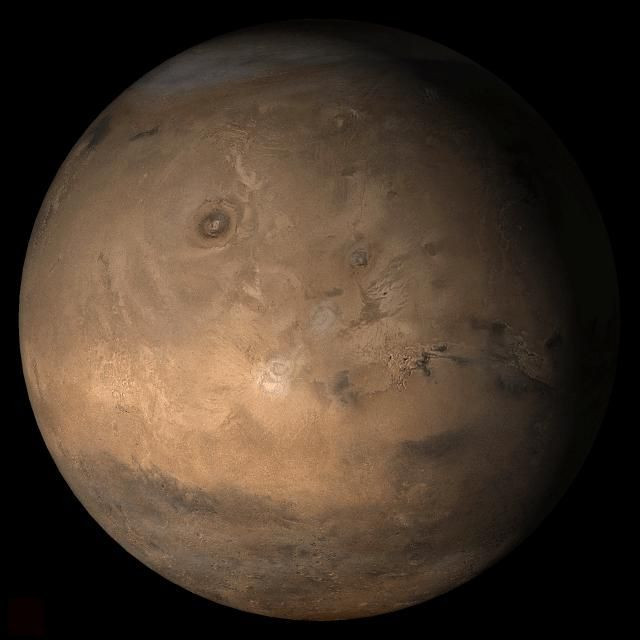Nobel Prize Winner Calls Plan To Colonize Mars ‘Irresponsible’

KEY POINTS
- Nobel Prize winner Didier Queloz says humans can't leave Earth
- Leaving Earth to live on a Mars colony is irresponsible
- Humans should focus on fixing Earth instead of migrating to other planets
A Nobel Prize winner slammed organizations and agencies that are looking to establish human colonies on Mars and other planets. He said that it is irresponsible to think that humans can leave Earth.
Earlier this year, astronomer Didier Queloz was awarded the Nobel Prize in Physics due to his contribution to the discovery of an exoplanet orbiting a host star. He shared the award with the astrophysicists Michael Mayor and James Peebles.
Last weekend, the awardees gathered in Stockholm, Sweden to receive the prizes for their achievements. Many of them took the opportunity to address the issues surrounding climate change and Earth.
Queloz, who was also in Sweden, noted that many agencies and organizations refer to the worsening environmental conditions on Earth as one of the primary reasons regarding the importance of establishing a human colony in space. One of the planets that is being discussed as a prime location for a human settlement is Mars.
However, for the Nobel Prize winner, leaving Earth in the hopes of starting a new life and civilization on an alien world is very irresponsible. Aside from the fact that humans do not have the natural capabilities to survive on another planet, Queloz noted that people should focus on improving Earth’s conditions.
“I think this is just irresponsible, because the stars are so far away I think we should not have any serious hope to escape the Earth,” he told members of the media, according to CBC.
“Also keep in mind that we are a species that has evolved and developed for this planet,” he continued. "We're not built to survive on any other planet than this one. We'd better spend our time and energy trying to fix it.”
Queloz isn’t the only Nobel Prize awardee who opposes the plans for establishing a space colony. In October, Queloz’s co-winner Mayor shared his thoughts on human settlements in space. According to Mayor, migrating to another planet is impossible.
“Even in the very optimistic case of a livable planet that is not too far, say a few dozen light-years, which is not a lot, it’s in the neighborhood, the time to go there is considerable,” Mayor explained. “We are talking about hundreds of millions of days using the means we have available today… It’s completely crazy.”
© Copyright IBTimes 2025. All rights reserved.





















